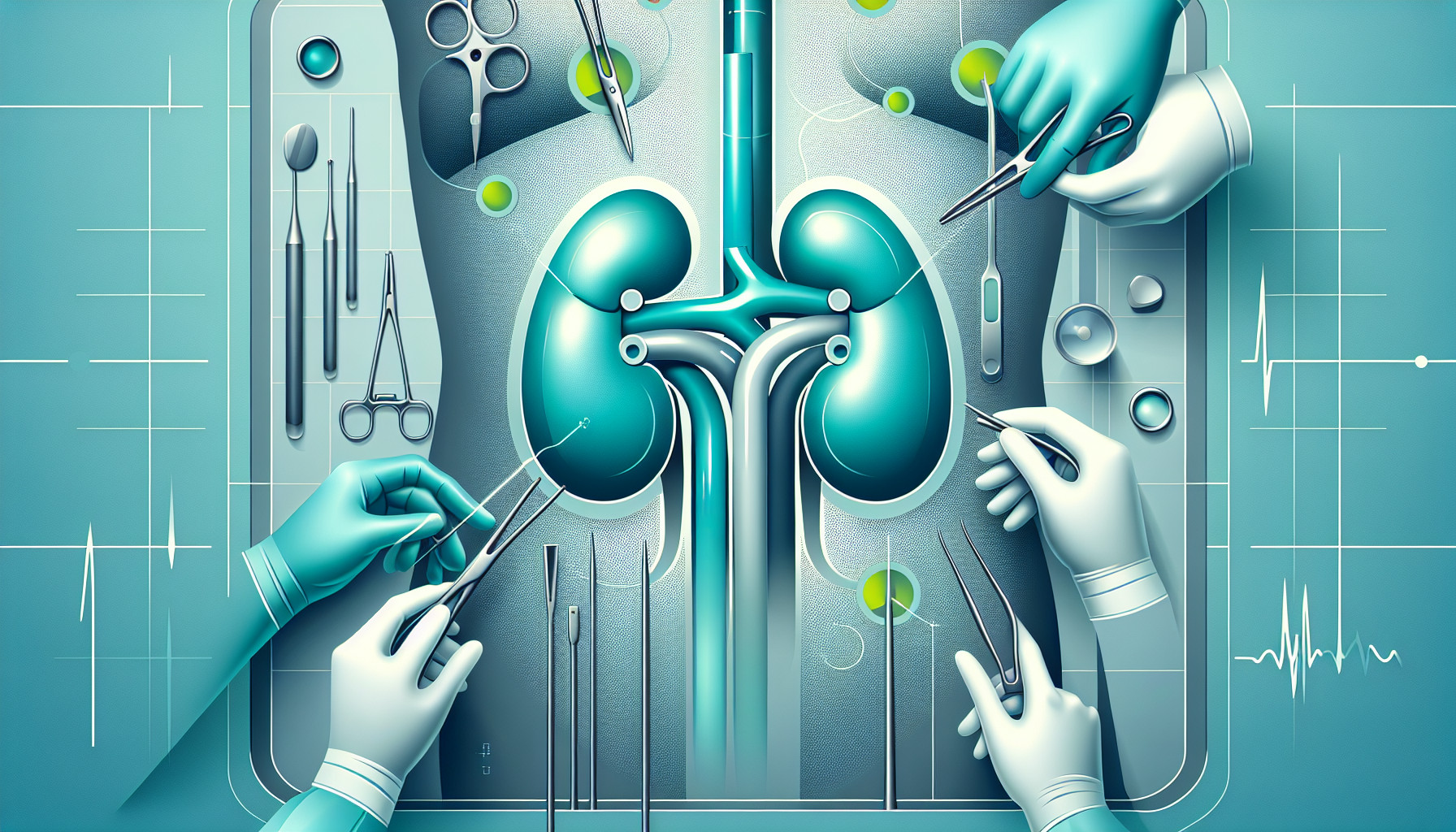Our Summary
The review discusses the strict regulations placed on kidney transplantation in the United States. The Secretary of Health and Human Services has ultimate oversight authority, based on certain rules and acts. Kidney transplant programs are evaluated every six months based on results from the previous two and a half years. Using the current evaluation methods, over 10% of programs are labelled as underperforming every six months.
New evaluation methods were proposed in the summer of 2021. These methods also consider patient mortality rates while on the waiting list and organ acceptance rate ratios. However, these proposed methods are still expected to label over 10% of programs as underperforming. When a transplant center is labelled as underperforming, they may become more cautious in accepting organs and patients, which can lead to fewer transplants.
The review also notes that transplant centers have little control over patient mortality rates while on the waiting list, which is one of the proposed evaluation metrics. The Health Resources and Services Administration (HRSA), the national organ procurement and transplant network (OPTN), and the Scientific Registry for Transplant Recipients (SRTR) maintain strict regulations, leading to high organ discard rates and limitations on patient transplantation.
The review suggests that instead of continuing to tighten regulations and label programs as underperforming, these organizations should create a more reasonable regulatory environment. This would allow for more innovation and increase the number of transplant opportunities for patients with end-stage kidney disease.
FAQs
- Who has the ultimate oversight authority on kidney transplantation regulations in the United States?
- What factors are considered in the proposed new evaluation methods for kidney transplant programs?
- What are the consequences for transplant centers that are labeled as underperforming?
Doctor’s Tip
One helpful tip a doctor might tell a patient about kidney transplant is to work closely with their healthcare team to ensure they are following all post-transplant care instructions. This includes taking medications as prescribed, attending follow-up appointments, and maintaining a healthy lifestyle. By being proactive in their care, patients can help ensure the success of their transplant and improve their overall health and quality of life.
Suitable For
Patients who are typically recommended for kidney transplant are those with end-stage kidney disease who are not responding well to other treatments such as dialysis. These patients may be experiencing symptoms such as fatigue, nausea, swelling, and difficulty managing their fluid and electrolyte balance. They must also be deemed suitable candidates for surgery and able to comply with post-transplant care requirements, including taking immunosuppressant medications to prevent rejection of the new kidney. Additionally, patients must have a suitable donor, either living or deceased, in order to proceed with a kidney transplant.
Timeline
Before kidney transplant:
- Diagnosis of end-stage kidney disease
- Evaluation by a transplant center for eligibility for transplant
- Placement on the national organ transplant waiting list
- Waiting for a suitable donor match
- Pre-transplant medical tests and evaluations
- Preparation for surgery
After kidney transplant:
- Surgery to remove the diseased kidney and transplant the new kidney
- Post-transplant recovery period in the hospital
- Post-transplant medication regimen to prevent rejection
- Regular follow-up appointments with healthcare providers
- Monitoring for any signs of rejection or complications
- Adjustment to life with a new kidney, including changes in diet and lifestyle
- Improved kidney function and overall health for the patient
What to Ask Your Doctor
Some questions a patient should ask their doctor about kidney transplant include:
- What is the process for being evaluated for a kidney transplant?
- What are the risks and benefits of receiving a kidney transplant?
- How long is the waiting list for a kidney transplant?
- What factors determine compatibility for a kidney transplant?
- What are the success rates of kidney transplants at the transplant center?
- How often does the transplant center perform kidney transplants?
- What is the average wait time for a kidney transplant at the transplant center?
- How will my health be monitored after receiving a kidney transplant?
- What medications will I need to take after receiving a kidney transplant?
- What support services are available for kidney transplant patients at the transplant center?
Reference
Authors: Andreoni KA. Journal: Curr Opin Organ Transplant. 2022 Feb 1;27(1):70-74. doi: 10.1097/MOT.0000000000000947. PMID: 34939966
